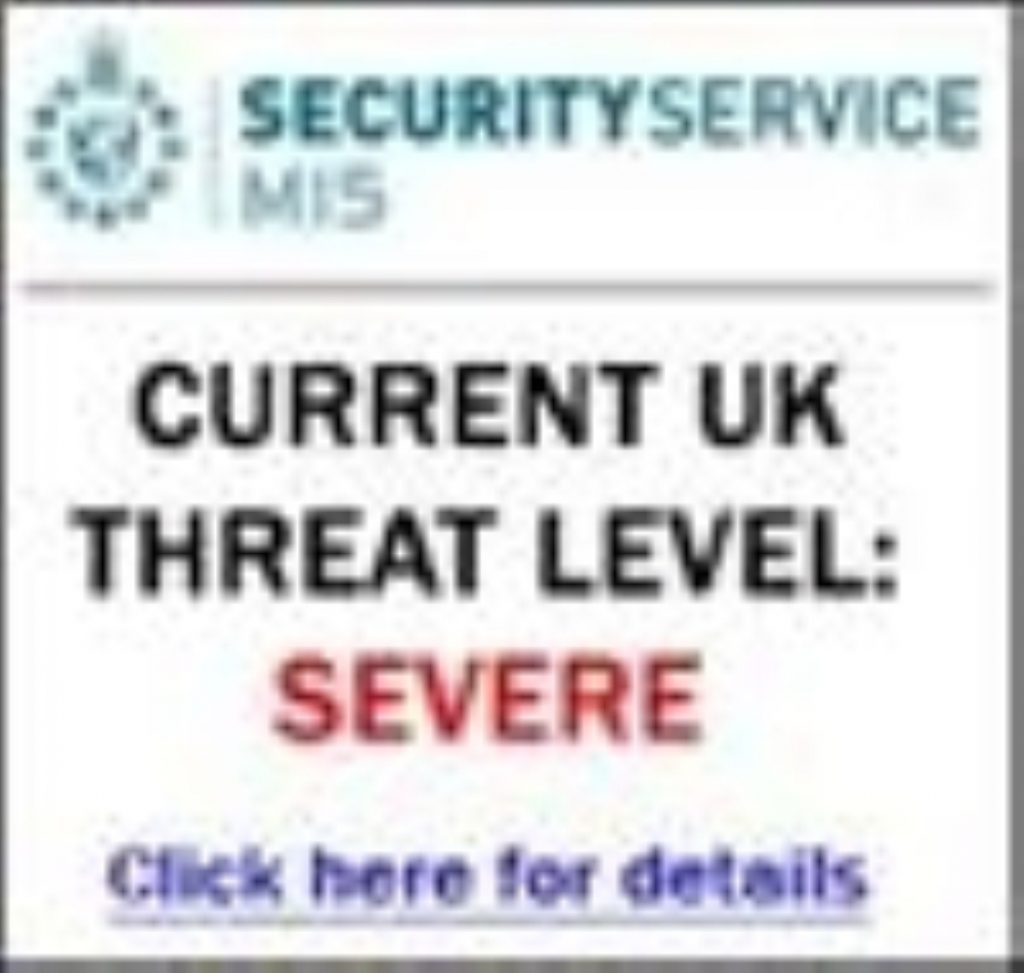Security threats ‘complex and diverse’
The UK has never faced so many threats, a panel of leading security experts has warned.
Formed by the Institute for Public Policy Research (IPPR), the Independent Commission on National Security met for the first time today. The 17-strong group will consider the UK’s preparedness for the security threats posed in the 21st century.
The commission is led by the ex-Nato chief Lord Robertson and the former Lib Dem leader Lord Ashdown.
Lord Robertson warned the UK should be doing more to address security in the face of “complex and diverse” threats.


Speaking to the BBC ahead of the first meeting, deputy chairman Ian Kearns said Britain was not yet ready to face the security risks created by the 21st century.
He blamed this on a “lack of a joined-up approach in government”, and called for better co-ordination between the Ministry of Defence and Foreign Office.
Speaking to politics.co.uk, a Home Office spokeswoman said the government was already working to strengthen cross-departmental action.
She pointed to the new monthly security meetings chaired by the prime minister, and the new office for security and counter terrorism within the Home Office.
But, she said the Home Office was aware of the commission and would “give consideration to any of its recommendations”.
The commission, which includes Liberty director Shami Chakrabarti and former UN ambassador sir Jeremy Greenstock, will seek a consensus on organised crime, terrorism and energy security and will distance itself from day-to-day political debates.
It was launched today by international development secretary Hilary Benn.
Lord Robertson said: “The threats to our national security today are complex and diverse. Issues of state failure, organised crime, terrorism, nuclear proliferation, and energy security have combined to provide a new strategic context.
“While the challenges are real however, there is much we can and should do to meet them more effectively. This commission, and the wide range of expertise it draws upon, will provide a unique opportunity to examine Britain’s long-term security needs.”









